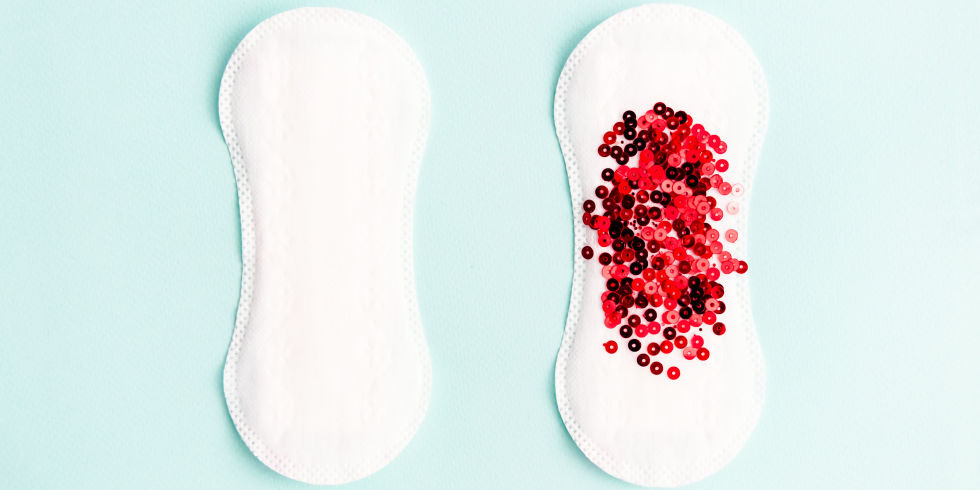Heavy periods could become a thing of the past, scientists say, after research identifies the possible cause of excessive menstrual bleeding.
It is hoped that the discovery will pave the way for new treatment, offering hope to the one in three women who currently suffer at the hands of their cycle.
A team at the University of Edinburgh studied the womb lining (known as the endometrium), which is shed during menstruation. Heavy bleeding occurs when the wound-like surface that is left behind by the endometrium does not heal, or heals slowly.
It was found that lowered levels of oxygen (known as hypoxia) stimulated the production of a protein called HIF-1, which drives the repair of the endometrium and in turn limits blood loss. As such, it was concluded that women with heavy periods had reduced levels of HIF-1 when compared to women who experience ‘normal’ levels of blood loss during menstruation.
Tests were then conducted on mice using a drug designed to boost HIF-W levels. This led to improved tissue repair and reduced blood loss.
Dr Jackie Maybin, Clinical Lecturer in Obstetrics and Gynaecology at the University of Edinburgh’s Medical Research Council Centre for Reproductive Health, who led the study, said: ‘Our findings reveal for the first time that HIF-1 and reduced levels of oxygen in the womb are required during a period to optimise repair of the womb lining… Excitingly, increasing levels of the HIF-1 protein in mice shows real promise as a novel, non-hormonal medical treatment.’
Heavy bleeding can be debilitating for the sufferer, causing a lot of pain and often leading to severe anaemia. However, current treatments are quite limited – most of which are hormone-based and prevent pregnancy. In some cases, women suffering extreme menstrual blood loss by have to undergo a hysterectomy.
It is perhaps no surprise, then, that the possibility of a therapy that can successfully reduce blood loss without any restrictive side-effects has been welcomed with open arms.
Commenting on the findings, a spokesperson for Wellbeing of Women, said: ‘Wellbeing of Women is delighted to have supported this work, which has led to the breakthrough discovery of causes of the condition so treatments might now be developed. These findings give hope to women who have suffered in silence with the condition for too long.’
The study, published in Nature Communications, was primarily funded by Wellcome with support from the Medical Research Council, the Academy of Medical Sciences and Wellbeing of Women.












